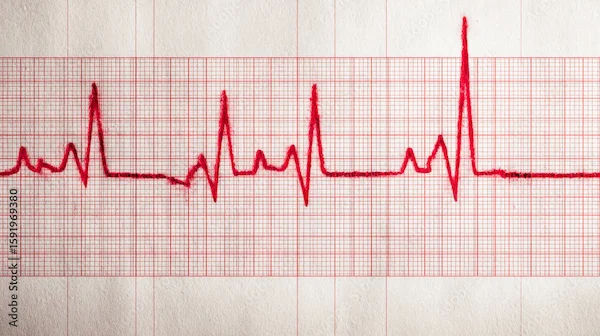- Male
- 56 Years
- 22/01/2025
I'm really concerned about the results of my ECG. It mentioned something about Interior Ischemia and an abnormal T wave. I'm not exactly sure what that means or how serious it is. Could you tell me what the best treatment options are for this situation? Should I be worried?
Answered by 1 Apollo Doctors
For Inferior Ischemia with abnormal T-wave on ECG, treatment typically involves addressing the underlying cause, such as coronary artery disease, and may include medications like beta blockers, nitrates, and antiplatelet agents, as well as lifestyle changes, and potentially invasive procedures like angioplasty or coronary artery bypass grafting (CABG), under the guidance of a cardiologist.
Dr. Kareemulla Suggests...
Consult a Cardiologist
Answered 04/07/2025
0
0

More Cardiology Health Queries
View allI've been experiencing chest pain for the past 3 months, but I don't have any other symptoms. The pain isn't severe, just mild, and it only happens when I bend my body or take a deep breath. Should I be worried about this? What could be causing it?
Sputum for AFB ,microscopy, x-ray chest pa view,complete blood count and esr is advised to the patient.
Answered by 1 Apollo Doctors
I'm dealing with this dull aching pain under my left breast, near my armpit, and it's been there for about two years now. It feels a bit better if I press on it, but it's still really painful. I was put on anxiety meds, but they haven't helped at all. What could be causing this pain and is there anything else I could try?
Ecg is recommended along with serum electrolytes..A physician and ortho opinion is advised to the patient..
Answered by 1 Apollo Doctors
my dad had heart bypass surgery about 6 years back and he's on meds for diabetes thyroid heart and nerve issues is the covid vaccine safe for him with all these conditions
cardiology opinion is advised.
Answered by 1 Apollo Doctors
Disclaimer: Answers on Apollo 247 are not intended to replace your doctor advice. Always seek help of a professional doctor in case of an medical emergency or ailment.





